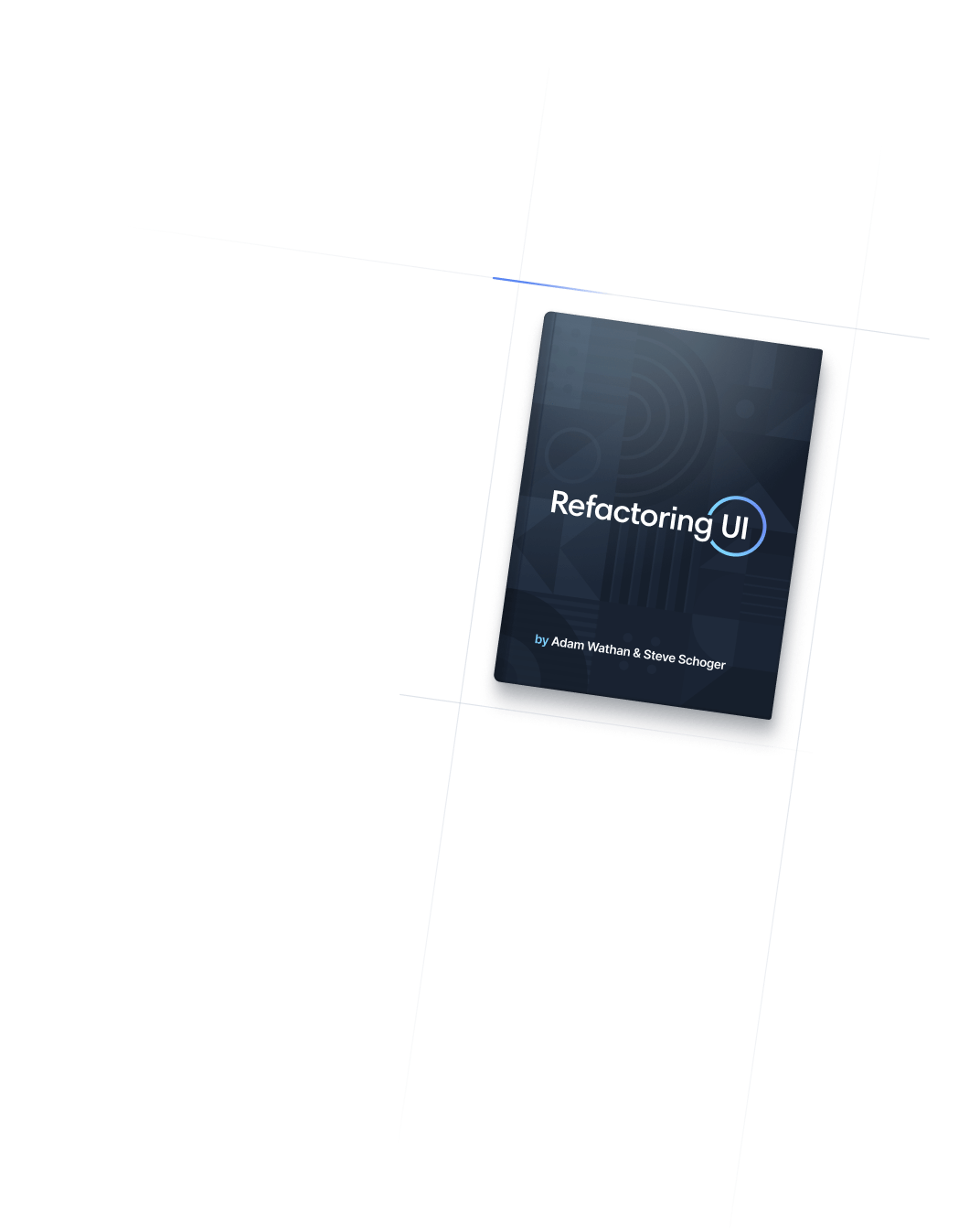
- Flexbox & Grid
- Align Self
Flexbox & Grid
Align Self
Utilities for controlling how an individual flex or grid item is positioned along its container's cross axis.
Quick reference
Basic usage
Auto
Use self-auto to align an item based on the value of the container’s align-items property:
<div class="flex items-stretch ...">
<div>01</div>
<div class="self-auto ...">02</div>
<div>03</div>
</div>Start
Use self-start to align an item to the start of the container’s cross axis, despite the container’s align-items value:
<div class="flex items-stretch ...">
<div>01</div>
<div class="self-start ...">02</div>
<div>03</div>
</div>Center
Use self-center to align an item along the center of the container’s cross axis, despite the container’s align-items value:
<div class="flex items-stretch ...">
<div>01</div>
<div class="self-center ...">02</div>
<div>03</div>
</div>End
Use self-end to align an item to the end of the container’s cross axis, despite the container’s align-items value:
<div class="flex items-stretch ...">
<div>01</div>
<div class="self-end ...">02</div>
<div>03</div>
</div>Stretch
Use self-stretch to stretch an item to fill the container’s cross axis, despite the container’s align-items value:
<div class="flex items-stretch ...">
<div>01</div>
<div class="self-stretch ...">02</div>
<div>03</div>
</div>Applying conditionally
Hover, focus, and other states
Tailwind lets you conditionally apply utility classes in different states using variant modifiers. For example, use hover:self-end to only apply the self-end utility on hover.
<div class="self-auto hover:self-end">
<!-- ... -->
</div>
For a complete list of all available state modifiers, check out the Hover, Focus, & Other States documentation.
Breakpoints and media queries
You can also use variant modifiers to target media queries like responsive breakpoints, dark mode, prefers-reduced-motion, and more. For example, use md:self-end to apply the self-end utility at only medium screen sizes and above.
<div class="self-auto md:self-end">
<!-- ... -->
</div>
To learn more, check out the documentation on Responsive Design, Dark Mode and other media query modifiers.

